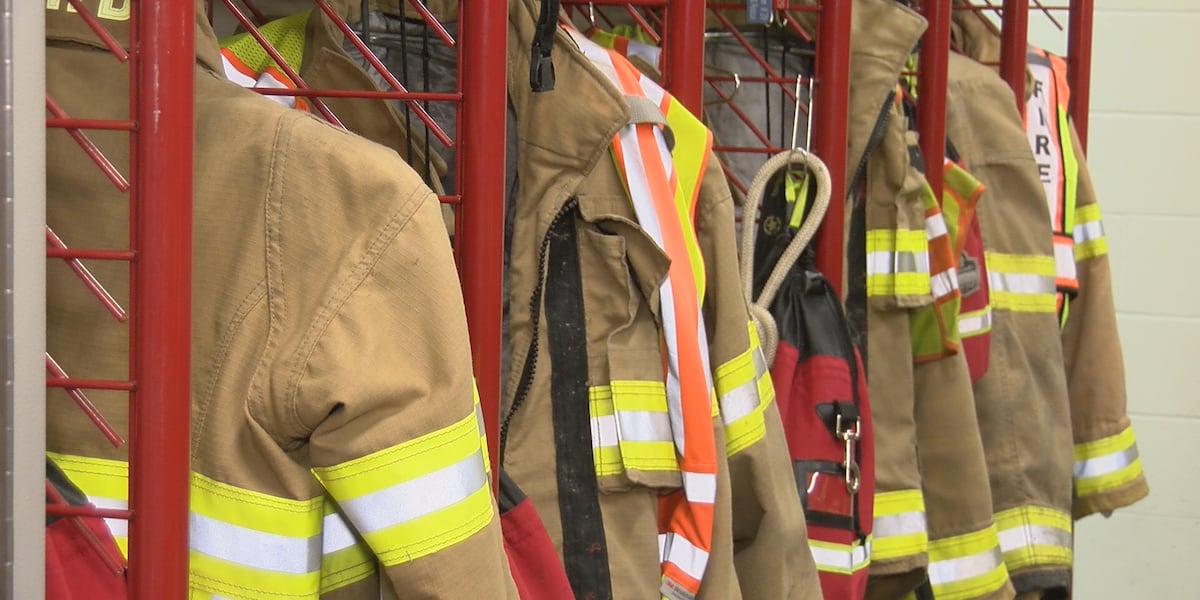Supporting Our Heroes: Mental Health Resources for Canadian First Responders

First responders – paramedics, firefighters, police officers, and emergency medical technicians – consistently put themselves on the front lines, facing incredibly stressful and traumatic situations. They witness tragedy, respond to crises, and dedicate their lives to protecting our communities. Yet, the very nature of their work often takes a significant toll on their mental health, leading to burnout, PTSD, anxiety, and depression. Recognizing this critical need, numerous mental health resources have emerged across Canada, specifically designed to support these brave individuals.
The Unique Challenges Faced by First Responders
The demands placed on first responders are unlike those of most professions. They routinely encounter scenes of violence, suffering, and loss. The constant exposure to trauma can lead to compassion fatigue, a state of emotional and physical exhaustion resulting from prolonged exposure to the suffering of others. Furthermore, the culture within emergency services often discourages vulnerability and seeking help, fostering a “tough it out” mentality that can prevent individuals from accessing the support they need. Stigma surrounding mental health remains a significant barrier, preventing many from openly discussing their struggles.
Available Resources: A Lifeline for Mental Wellbeing
Fortunately, awareness of the mental health challenges faced by first responders is growing, and a range of resources are now available. These resources vary by province and territory, but common offerings include:
- Peer Support Programs: These programs connect first responders with trained colleagues who understand their unique experiences. Peer support provides a safe and confidential space to share concerns and receive emotional support.
- Employee Assistance Programs (EAPs): Many fire departments, police services, and ambulance services offer EAPs, which provide confidential counseling services and referrals to mental health professionals.
- Specialized Therapy: Therapists trained in trauma-informed care and specifically experienced in working with first responders can provide tailored treatment for PTSD, anxiety, and depression. Cognitive Behavioral Therapy (CBT) and Eye Movement Desensitization and Reprocessing (EMDR) are common therapeutic approaches.
- Critical Incident Stress Management (CISM): CISM teams are deployed after traumatic events to provide immediate support and debriefing to first responders involved.
- Provincial and Territorial Mental Health Services: Each province and territory offers a range of publicly funded mental health services that first responders can access.
- National Organizations: Organizations like the Canadian Mental Health Association (CMHA) and the Wounded Warriors Canada offer resources and support for first responders and their families.
Breaking the Stigma and Promoting Help-Seeking
Creating a culture of openness and support within emergency services is crucial. Leadership plays a vital role in destigmatizing mental health and encouraging help-seeking behavior. Training programs that educate first responders about mental health, stress management, and available resources are also essential. Normalizing conversations about mental wellbeing can empower individuals to prioritize their mental health without fear of judgment or repercussions.
Where to Find Help in Canada
Here are some valuable resources to get you started:
- Canadian Mental Health Association (CMHA): https://cmha.ca/
- Wounded Warriors Canada: https://woundedwarriorscanada.ca/
- Your Provincial/Territorial Health Website: Search online for “[Your Province/Territory] Mental Health Resources”
Supporting our first responders is not just a matter of gratitude; it’s an investment in the safety and wellbeing of our communities. Let's ensure they have the resources and support they need to thrive, both on and off the job.






